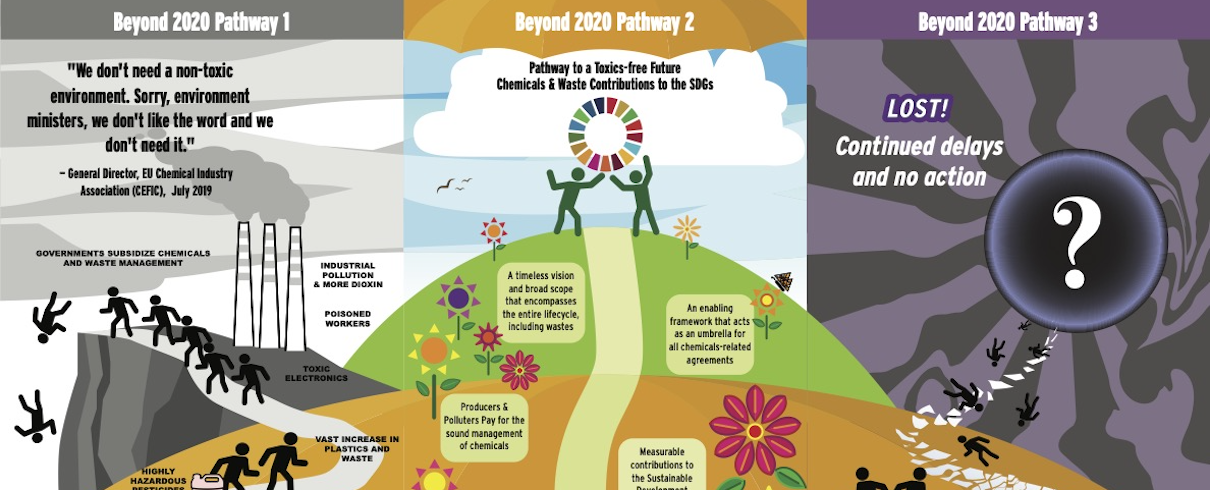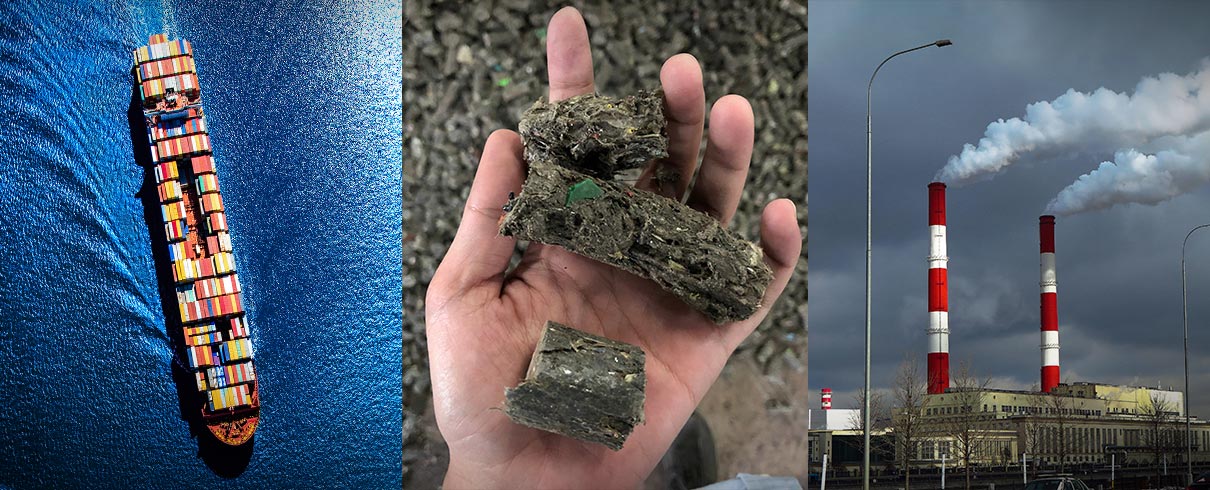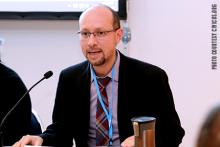By Pamela K. Miller, M.En., IPEN Co-Chair, and Rashmi Joglekar, Ph.D.
This article originally appeared in The Hill on 09/17/21
When President Biden took office, he pledged to protect people and the environment from toxic chemicals now poisoning communities across the United States. If he is serious about that promise, then his administration must align its foreign policies with its domestic commitments when it participates in the next meeting of the Stockholm Convention on Persistent Organic Pollutants, an international treaty that prohibits dangerous pollutants that persist in the environment.
As countries are prepping for a consequential meeting early next year, the United States is behaving as the obstructionist in the room. With Biden’s nominee for the head of EPA’s Office of International and Tribal Affairs (OITA) on the cusp of Senate approval, the EPA is well-positioned to act now and reverse this dangerous pattern of obstructionism.
More than 180 nations — but not the United States — are parties to the Stockholm Convention. Instead, the United States is an “observer.” While the United States is not a party and is not bound to the convention’s restrictions, our government has a long history of obstructing the convention’s efforts to ban some of the most dangerous toxic chemicals.














